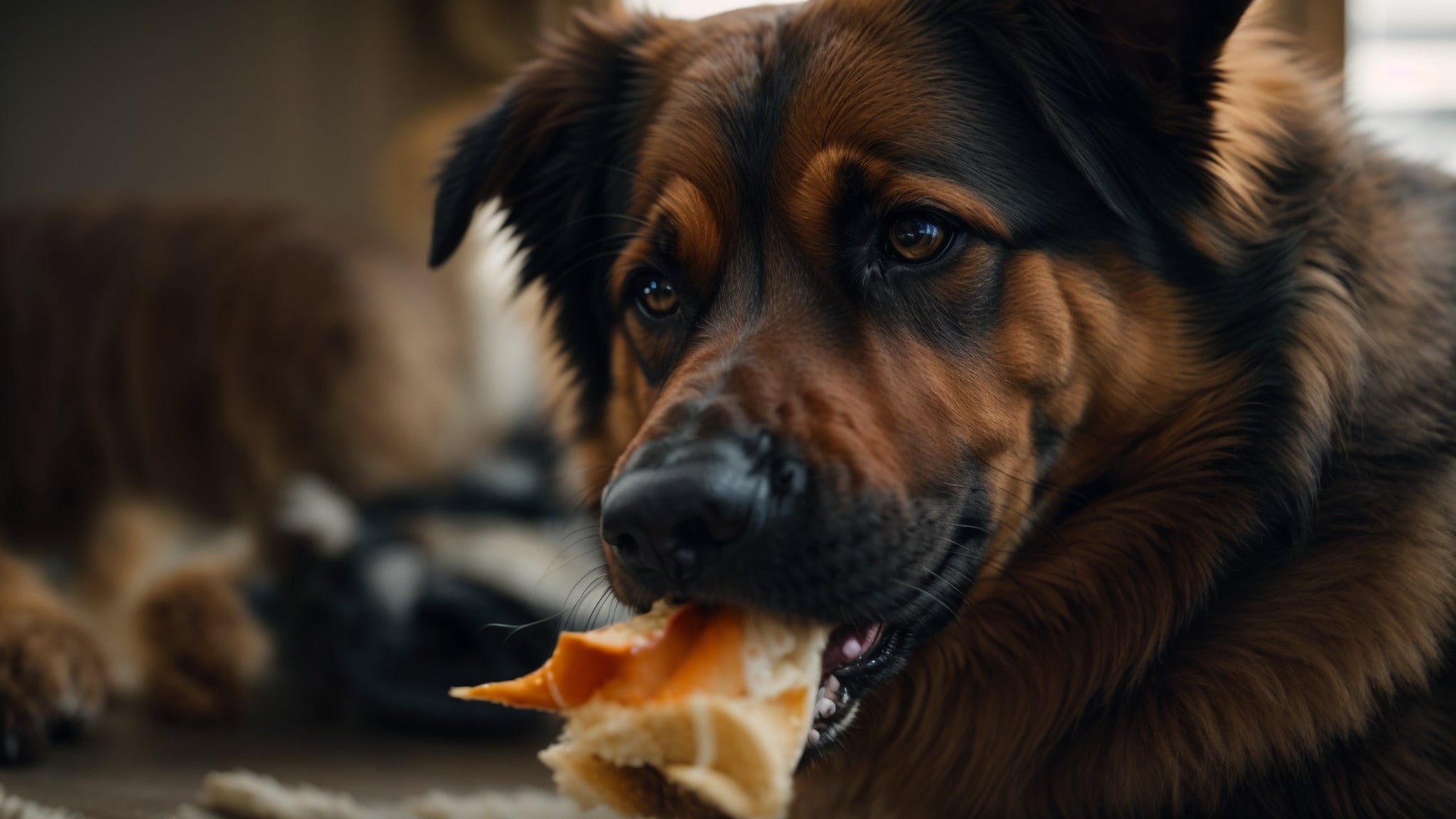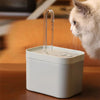Are Rawhide Chews Good for Dogs? The 2025 Guide

Are Rawhide Chews Good For Dogs? The 2025 Guide
Rawhide chews have been a long-standing favorite among dog owners, but are they truly beneficial for our canine companions? In 2025, with increased awareness of pet health and nutrition, it's crucial to examine the facts and weigh the pros and cons. This comprehensive guide will help you make an informed decision about whether rawhide chews are right for your dog.
What are Rawhide Chews?
Rawhide chews are made from the inner layer of cattle hides. The hides undergo a lengthy processing procedure involving tanning, washing, and shaping into various forms, including bones, sticks, and rolls. This process aims to make them durable and palatable for dogs.
Pros of Rawhide Chews
- Can satisfy a dog's natural chewing instinct: Chewing is an essential behavior for many dogs, helping to relieve stress, boredom, and teething pain. Rawhide chews can provide a healthy outlet for this instinct.
- Potentially long-lasting: Some rawhide chews can last for quite a while, offering prolonged chewing entertainment for your dog, making them a cost-effective option in the long run.
- Can help with dental cleaning (with caveats): The chewing action can help scrape away some plaque and tartar buildup on your dog's teeth. However, this is far from a replacement for professional dental care.
Cons of Rawhide Chews
- Choking hazard: Rawhide chews can break into pieces and pose a choking hazard, particularly for smaller dogs or those who swallow their chews whole. The pieces can also cause gastrointestinal blockages, requiring expensive veterinary treatment.
- Digestive issues: Rawhide chews are difficult to digest and can cause diarrhea, vomiting, and constipation. They can also cause a buildup of indigestible material in the stomach.
- Chemical treatments: During processing, rawhide chews are often treated with chemicals such as bleach, sulfites, and other preservatives that can be harmful to your pet if ingested. The exact chemical makeup often lacks transparency.
- Bacterial contamination: Rawhides can harbor bacteria like Salmonella and E. coli. These bacteria could be transferred to your pet and even to you, causing illness.
- Nutritional value: Rawhide chews provide very little to no nutritional value. They are primarily for entertainment and don’t offer any significant health benefits.
Safer Alternatives to Rawhide Chews
Given the potential risks associated with rawhide chews, many veterinarians and pet experts recommend opting for safer alternatives. These include:
- Dental chews: These are specifically designed to be easily digestible and often contain added health benefits.
- Nylabones: Durable and made from nylon, these are great for heavy chewers.
- Beef bully sticks: These are single-ingredient chews made from beef pizzle, a natural, digestible treat.
- Frozen carrots or bananas: A healthy, cooling option for teething puppies.
Choosing the Right Chew
When selecting a chew, consider your dog's size, chewing habits, and any existing health conditions. Always supervise your dog when they are chewing and promptly remove any broken pieces. Consult your veterinarian for further recommendations regarding appropriate chews for your dog.
Conclusion
While rawhide chews might offer some temporary entertainment, the potential health risks often outweigh the benefits. In 2025, responsible pet ownership includes choosing safe and healthy alternatives. Explore the many better alternatives available to keep your dog happy and healthy without the worries associated with rawhide chews.
Dog Treats – tagged "Rawhide" – Every Pet Palace
Frequently Asked Questions (FAQs)
- Are all rawhide chews the same? No, the quality and processing methods vary significantly between brands.
- How can I tell if my dog is choking on a rawhide? Signs include labored breathing, gagging, and excessive drooling. Seek veterinary attention immediately if you suspect choking.
- What are the signs of digestive problems related to rawhide chews? Watch for vomiting, diarrhea, loss of appetite, or lethargy. Consult your vet if any of these occur.
- How often should I give my dog a chew? It depends on your dog's chewing habits and the type of chew. Always supervise chewing and provide chews only under appropriate conditions.
- Dog Treats – tagged "Rawhide" – Every Pet Palace




